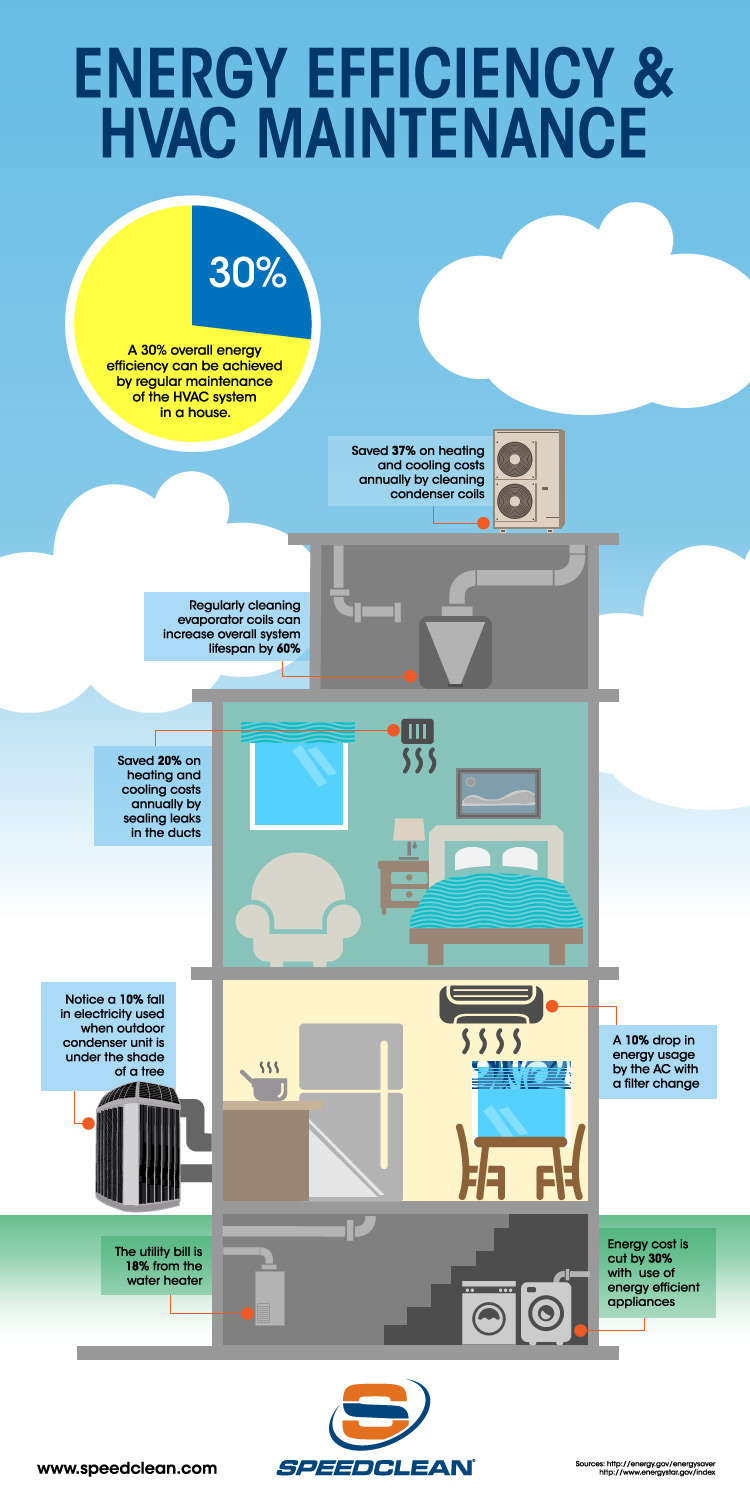The Future Of Home Heating - How Heatpump Modern Technology Is Developing
The Future Of Home Heating - How Heatpump Modern Technology Is Developing
Blog Article
Web Content Writer-Dugan Ringgaard
Heatpump will be an important innovation for decarbonising heating. In heat pumps installation with federal governments' announced energy and climate commitments, their worldwide capability increases by 2030, while their share in heating rises to one-quarter.
They work best in well-insulated homes and rely upon electrical energy, which can be supplied from a sustainable power grid. Technological breakthroughs are making them a lot more efficient, smarter and more affordable.
Fuel Cells
Heatpump utilize a compressor, cooling agent, coils and followers to relocate the air and warmth in homes and appliances. They can be powered by solar power or electrical power from the grid. They have been acquiring popularity due to their low cost, silent operation and the capacity to create power during peak power demand.
Some companies, like IdaTech and BG MicroGen, are servicing gas cells for home heating. These microgenerators can change a gas boiler and produce a few of a residence's electrical requirements with a connection to the electrical energy grid for the rest.
Yet there are factors to be doubtful of using hydrogen for home heating, Rosenow claims. floor or wall mounted heat pump would be pricey and inefficient compared to various other technologies, and it would include in carbon emissions.
Smart and Connected Technologies
Smart home modern technology permits property owners to connect and regulate their tools from another location with making use of smartphone applications. As an example, wise thermostats can learn your home heating choices and automatically adapt to optimize energy consumption. Smart illumination systems can be regulated with voice commands and immediately switch off lights when you leave the room, decreasing energy waste. And smart plugs can keep track of and handle your electric usage, allowing you to determine and restrict energy-hungry appliances.
The tech-savvy house portrayed in Carina's meeting is a good illustration of just how occupants reconfigure area home heating techniques in the light of brand-new smart home innovations. They rely upon the tools' computerized attributes to execute daily modifications and concern them as a practical ways of conducting their home heating techniques. Thus, they see no reason to adjust their methods further in order to make it possible for versatility in their home power demand, and treatments focusing on doing so may face resistance from these households.
Electrical power
Considering that heating up homes represent 13% people exhausts, a button to cleaner options can make a huge distinction. Yet the modern technology faces difficulties: It's pricey and requires considerable home restorations. And it's not constantly suitable with renewable resource sources, such as solar and wind.
Until just recently, electrical heatpump were too pricey to compete with gas models in many markets. However new advancements in layout and products are making them a lot more budget friendly. And far better cool environment efficiency is allowing them to function well even in subzero temperature levels.
The following action in decarbonising home heating might be using warmth networks, which draw heat from a main resource, such as a close-by river or sea inlet, and distribute it to a network of homes or buildings. That would certainly decrease carbon discharges and permit houses to capitalize on renewable energy, such as green electrical energy from a grid provided by renewables. This alternative would certainly be much less expensive than switching to hydrogen, a nonrenewable fuel source that requires brand-new infrastructure and would only reduce carbon dioxide exhausts by 5 percent if paired with enhanced home insulation.
Renewable Energy
As electrical energy prices go down, we're starting to see the same fad in home heating that has actually driven electrical automobiles right into the mainstream-- yet at an also much faster rate. The solid environment situation for impressive homes has actually been pushed further by new research.
Renewables make up a significant share of modern-day heat consumption, but have been offered restricted policy interest internationally contrasted to various other end-use sectors-- and even less focus than electricity has. In part, this shows a mix of customer inertia, divided motivations and, in many nations, aids for fossil fuels.
New modern technologies could make the change easier. As an example, heatpump can be made a lot more power effective by changing old R-22 cooling agents with brand-new ones that do not have the high GWPs of their predecessors. best heatpumps visualize district systems that attract warmth from a nearby river or sea inlet, like a Norwegian arm. The warm water can then be made use of for heating & cooling in a community.